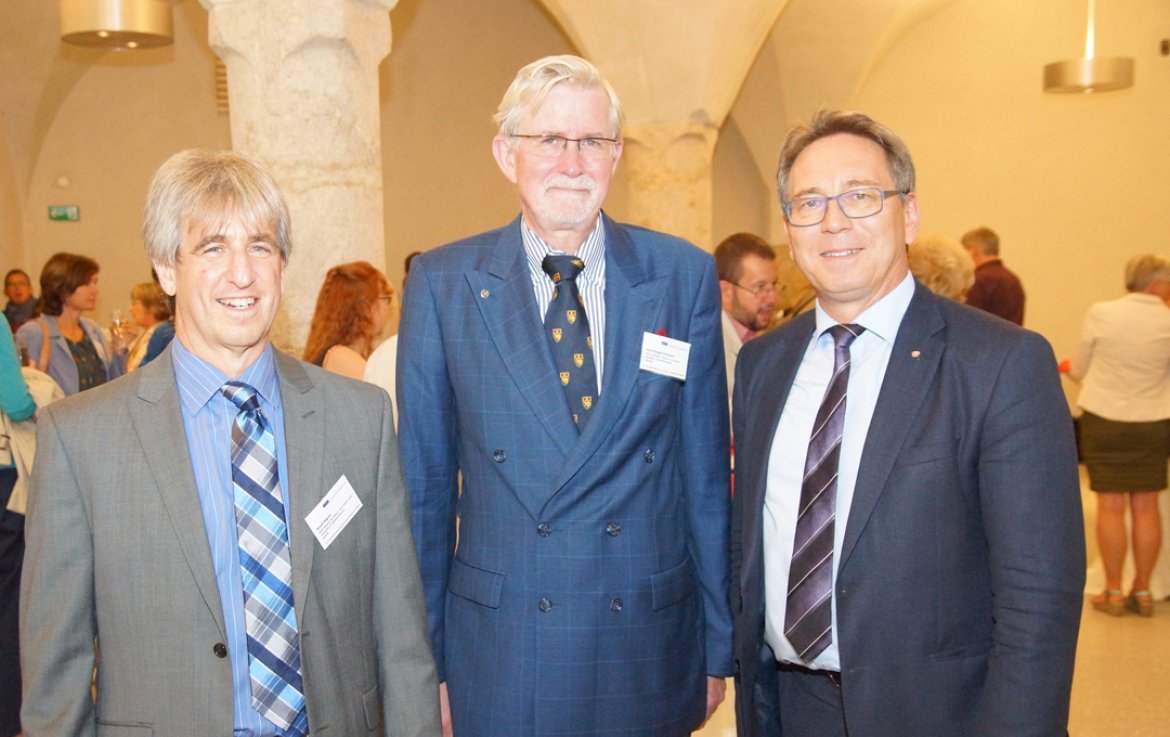
European Economics Education Conference @ FH Kufstein Tirol
85 participants came from 13 European countries plus Japan, Taiwan, Canada and South Africa. For the AEEE, which seeks to promote international communication and cooperation among economics educators as well as researchers in economic education, this was the 21st biannual conference and the first ever in Austria.
Principal emphasis was on the many new approaches, strategies, techniques and tools – often, but not always, technology-based – that are springing up around Europe and beyond for teaching economics and business. Running through the program, for example, was a series of 10 workshops and lectures on classroom experiments and simulations. Another strand focused on “Flipping the Classroom,” where the traditional in- and out-of-classroom activities are reversed. Other topics included the PISA financial literacy assessment, entrepreneurship education, work-study combination (which is generally underdeveloped outside of Austria and Germany) and ideas for teaching the economics of immigration.
A lecture from a noted guest started each day. Dr. Doris Ritzberger-Gruenwald, Director of the Economic Analysis and Research Department at the Oesterreichische Nationalbank, opened the conference with an intriguing discussion, based on an OeNB survey, of what Austrians know – and don’t know – about financial and monetary matters, and how the OeNB promotes economic literacy. Also thought-provoking was Prof. Dr. Michael Wohlgemuth’s exploration – he is Director of the think tank, Open Europe Berlin – of how the European Union might evolve in the wake of the Brexit referendum.
After-work activities including a congenial welcome from Mayor Krumschnabel, a tour of the Riedel glass factory with follow-up wine tasting, a medieval banquet in the fortress (Festung) – featuring an enthralling Volksmusik performance by Stv. Studiengangsleiter Kurt Hoffmann – and a final hike and dinner in the Kaisertal.